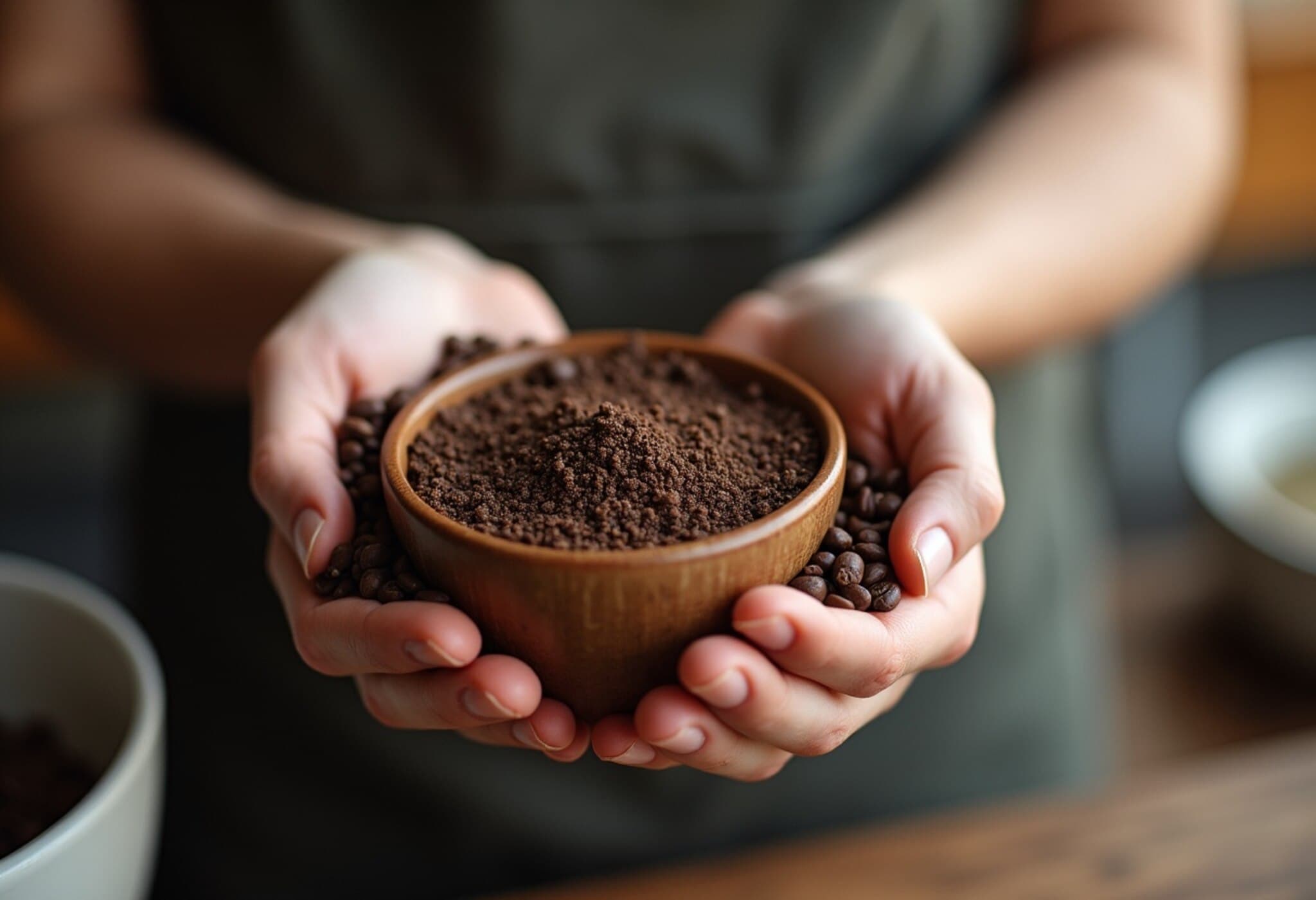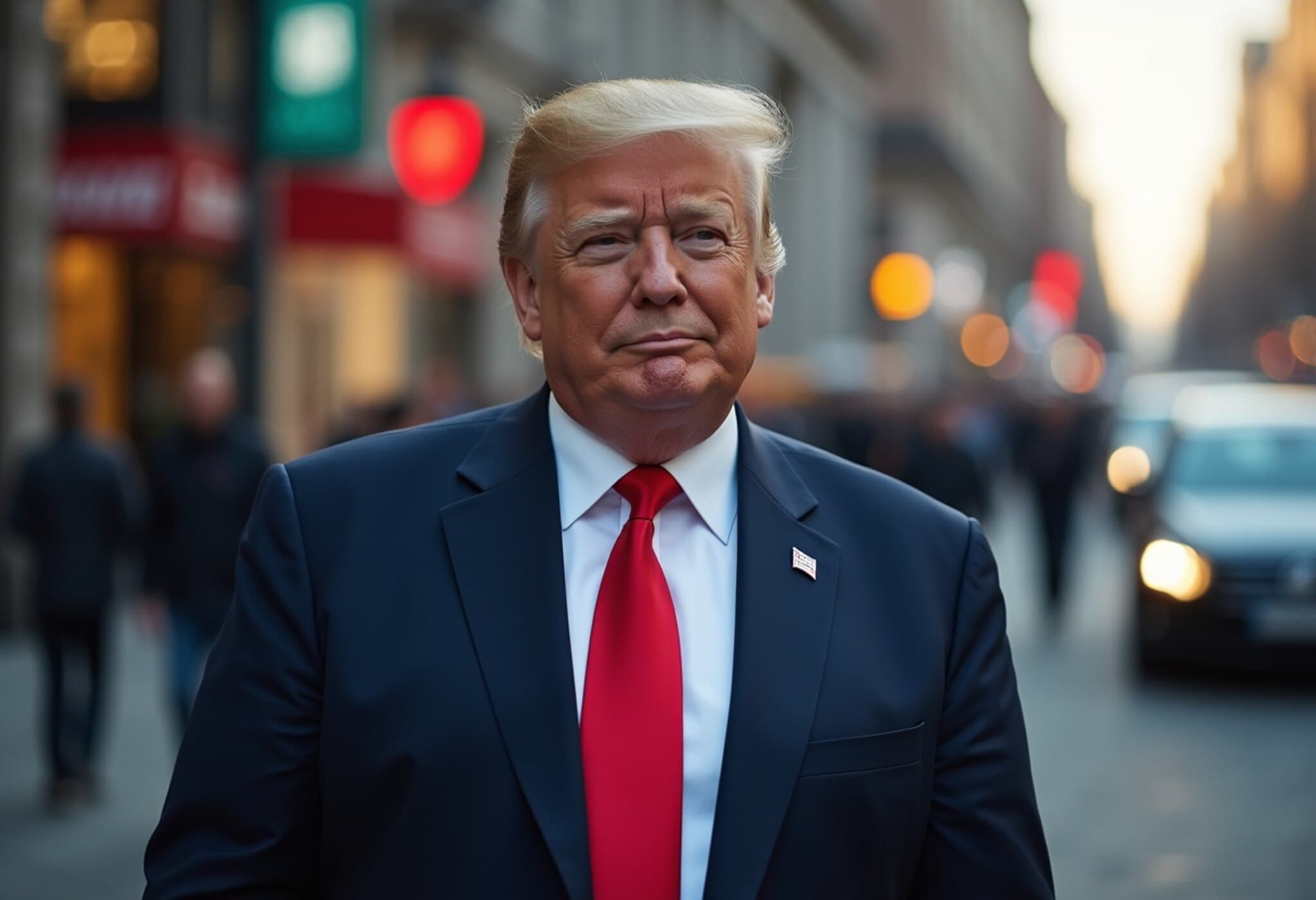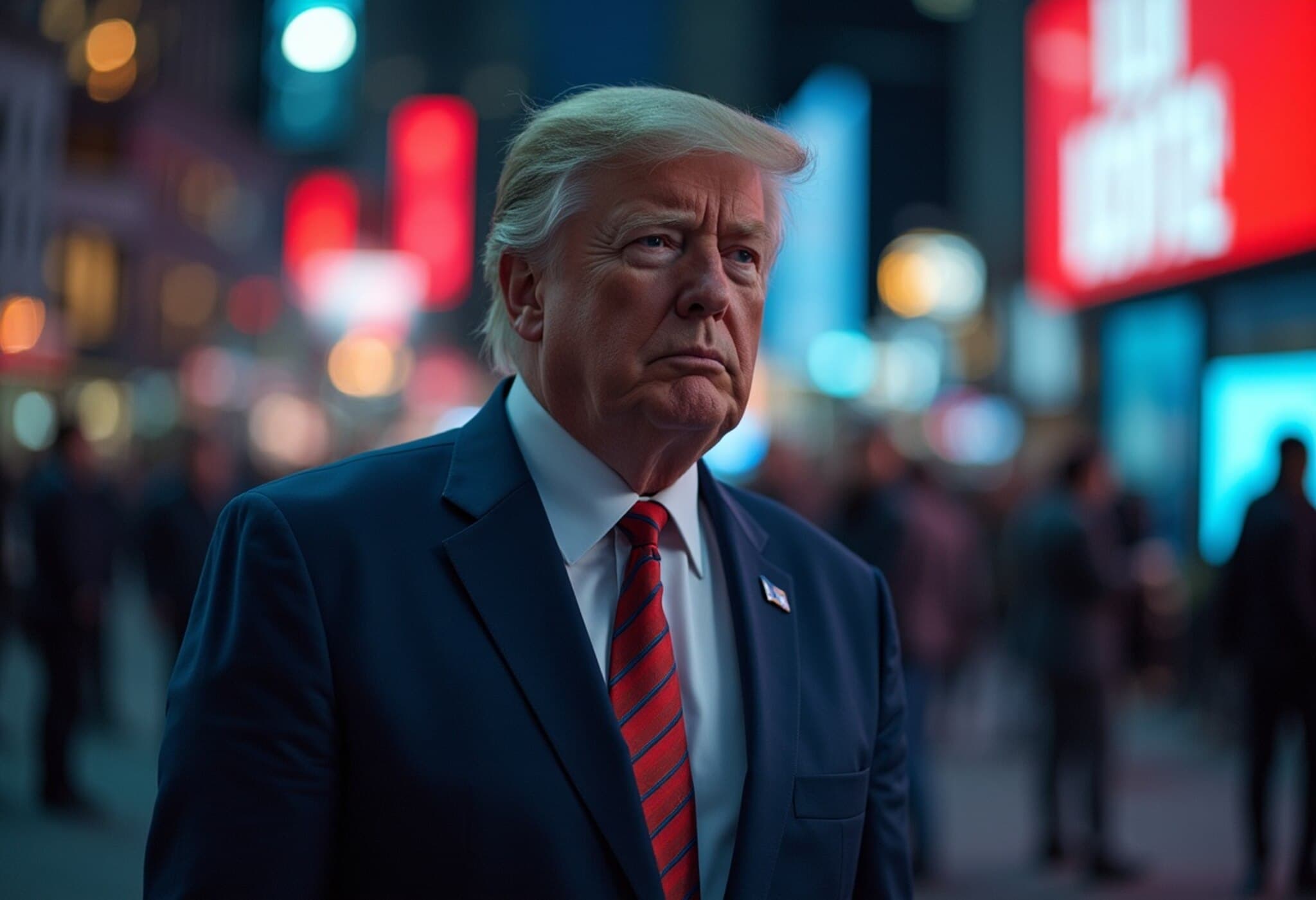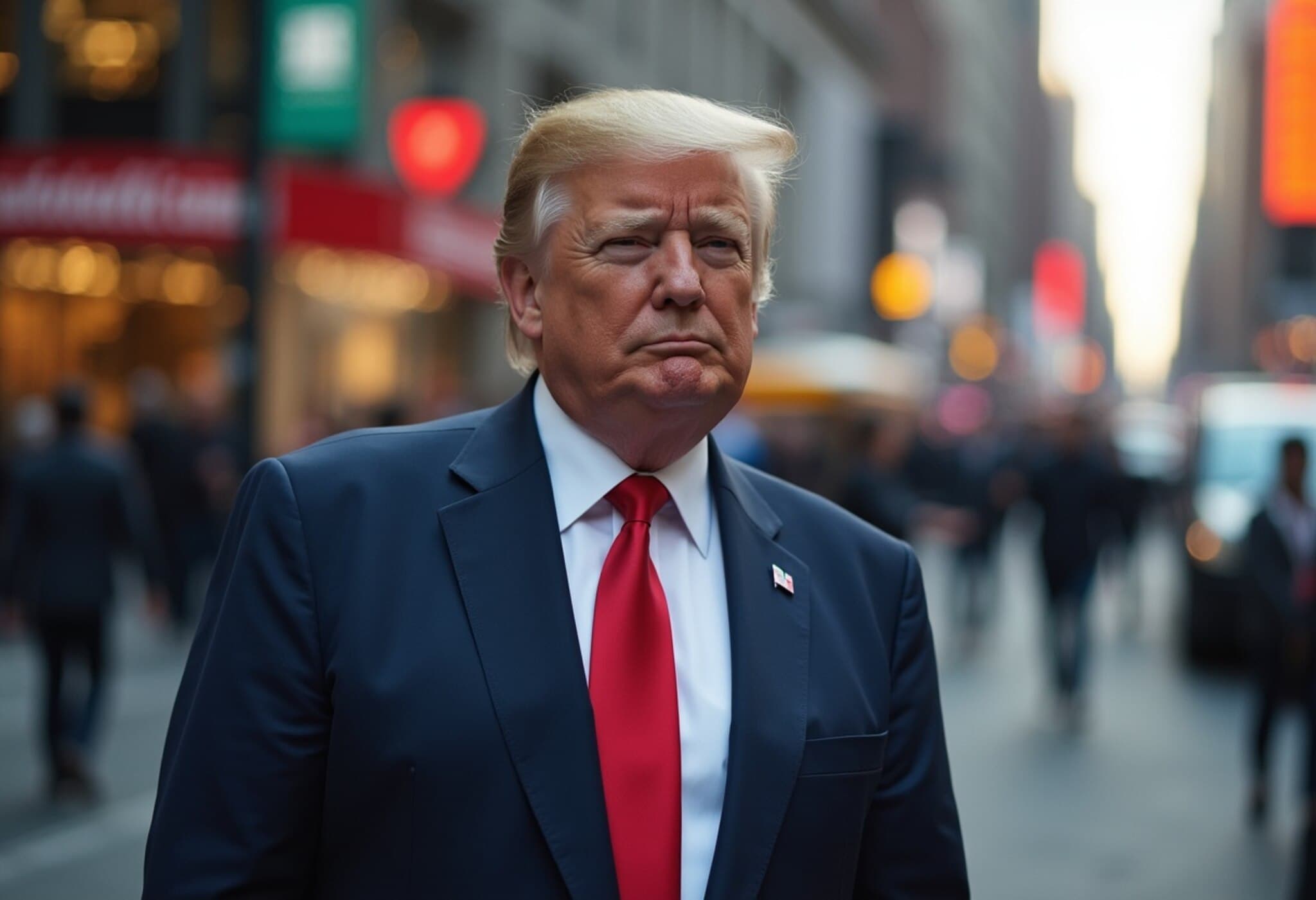Tariffs Amplify Inflation in Coffee and Tea Markets
In the latest economy-wide tug of war, tariffs are emerging as a significant factor driving up prices on everyday staples like coffee and tea. According to the Bureau of Labor Statistics, the retail price for a pound of ground coffee jumped 14.5% year over year in July 2025, reaching an average of $8.41. While overall food prices held steady month over month, tariff-impacted imports—particularly coffee beans and specialty teas—are quietly fueling inflationary pressures that ripple through small businesses.
Small Business Owners Bear the Brunt
Jessica Simons, owner of Bethany's Coffee Shop in Lincoln, Nebraska, paints a vivid picture of these challenges. She’s witnessed an 18% to 25% price increase since January in coffee alone, which has forced her to add a temporary 3% coffee surcharge as her menus await reprinting. But "prices have changed so quickly we can’t reprint menus every time," Simons says, underscoring the volatility that threatens tight operating margins.
Simons’ struggles extend beyond coffee; rising costs of avocados and tomatoes add layers of complexity in managing her restaurant employing 24 people. "We’re at a point where raising prices isn’t optional," she reflects, signaling a broader crisis for small businesses squeezed by tariffs and soaring input costs.
Tariffs Extend to a Broad Range of Food Imports
According to a recent analysis by the Tax Foundation, nearly 74% ($163 billion) of U.S. food imports are subject to tariffs. This extensive tariff coverage touches a wide array of products intimately tied to American consumer habits and retail supply chains, causing particular pain for entrepreneurs relying on specialty ingredients sourced abroad.
Limited Alternatives for Importers in Key Commodities
Josh Teitelbaum, senior counsel at Akin Gump Strauss Hauer & Feld LLP, highlights that companies dependent on natural resources unavailable domestically, like coffee and coconut water, face limited options. "They can't just relocate sourcing to avoid tariffs," he explains. Although the administration has offered some accommodations, Teitelbaum cautions these are partial and still evolving, leaving many importers navigating uncharted territory.
Small Brands Fight to Stay Authentic Amid Rising Costs
Anjali Bhargava, founder of the award-winning brand Anjali's Cup, shares a first-hand account of battles on the front lines. Her Ayurvedic-inspired spice blends and chai teas rely heavily on imports from Vietnam, India, Afghanistan, and China. The 50% tariff imposed on Indian tea imports threatens not only her margins but her ability to maintain ingredient integrity.
Bhargava fears that while consumers will continue drinking tea, the market might skew toward larger companies that can absorb tariff-related costs, leaving smaller, authentic brands struggling or disappearing entirely. "This tariff forces a brutal choice between quality and survival," she says, underscoring an imminent loss for diversity in the U.S. retail landscape.
Broader Economic and Consumer Implications Ahead
Heather Rice, a leader at consulting firm KPMG overseeing consumer and retail sectors, warns that tariffs combined with recent cuts to nutrition assistance programs like SNAP could reshape product availability and consumer spending. "Nearly 9% of grocery spending comes from SNAP recipients," Rice notes, pointing to a potential contraction in demand.
She further predicts shifts in product sourcing and a potential reduction in variety—for example, limited year-round availability of fruits like blueberries due to import costs and tariffs on key imports such as bananas and kiwis.
The Hidden Toll of Trade Conflicts on American Communities
While tariffs aim to exert pressure on trading partners, their blunt impact is felt most keenly here at home by independent businesses and their communities. As Bhargava puts it, "The global trade war is not a distant diplomatic skirmish—it’s affecting moms and pops keeping their shops open and employees paid across America." The stakes are high: vibrant, authentic marketplaces full of diverse products face homogenization or disappearance as tariffs magnify cost burdens.
Looking Forward: Navigating Uncertain Waters
Industry experts suggest that greater policy clarity and tailored support for small importers are vital to mitigate tariffs’ outsized effects. Advocates urge nuanced solutions that balance enforcement of trade principles with protecting economic diversity and small business resilience.
For consumers, the story behind every cup of coffee or tea might soon include hidden costs and trade policy impacts. As prices inch higher and options potentially narrow, understanding these interconnected forces is crucial for fostering informed choices and advocating for policies that safeguard the economic fabric of communities nationwide.
Editor's Note: This unfolding scenario reminds us that economic policies ripple far beyond headlines, impacting everyday lives and cherished local businesses. As tariffs shape prices on globally sourced favorites like coffee and tea, we must ask: how can policy balance fair trade goals with the livelihoods of small American entrepreneurs? What creative strategies can businesses employ to navigate this shifting landscape without compromising quality or accessibility? Ongoing analysis and attention will be key in the months ahead.



















